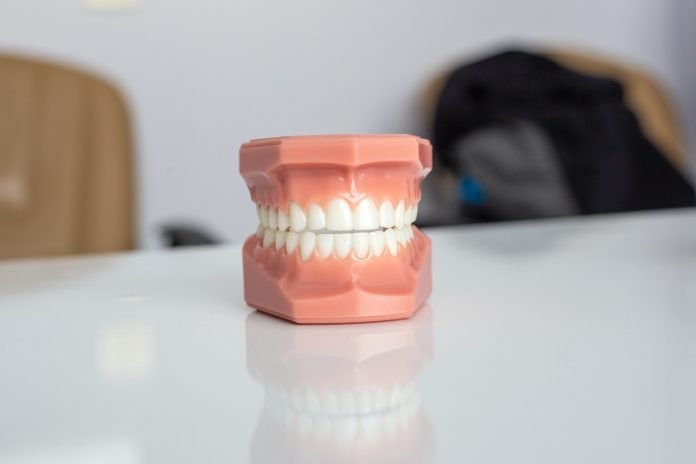
There’s a medical mystery that researchers have been trying to solve: patients with gum disease are less likely to respond to treatments for rheumatoid arthritis, a condition that causes joint pain and inflammation.
But new research might have just found the link between gum disease and arthritis.
Scientists have discovered that when people have damaged gums, bacteria from the mouth can enter the bloodstream and activate the immune system.
This can cause the immune system to attack the body’s own proteins, which can lead to arthritis flare-ups.
The researchers were studying a group of patients with arthritis and noticed that two patients with moderate to severe gum disease had repeated episodes of oral bacteria in their bloodstream.
They also discovered that the oral bacteria were citrullinated, which means they had undergone a process that makes them similar to the proteins that are targeted by the immune system in rheumatoid arthritis.
This could explain why treatments for arthritis don’t work as well in patients with gum disease.
If the gums are constantly releasing immune triggers into the bloodstream, it’s like trying to fix a leaky boat without plugging the leaks first.
Luckily, gum disease is treatable, and the researchers suggest that doctors should check for gum disease in arthritis patients who don’t respond to treatment.
By treating gum disease, the immune system can be calmed down and arthritis might be easier to treat.
This research is also a reminder of the importance of long-term research.
The scientists were able to discover this link because they had been following a group of arthritis patients for several years, collecting blood samples every week.
Without this long-term data, they might not have been able to find out what was happening before the arthritis flare-ups occurred.
So, if you want to stay healthy, make sure to take care of your teeth and gums.
By brushing and flossing regularly, and seeing your dentist for check-ups, you can prevent gum disease and reduce your risk of other health problems too.
How to prevent gum disease
Preventing gum disease is important for maintaining good oral health. Here are some steps you can take to prevent gum disease:
Brush your teeth twice a day: Brush your teeth in the morning and at night for two minutes each time. Use a soft-bristled toothbrush and fluoride toothpaste to remove plaque and bacteria.
Floss daily: Flossing helps remove plaque and food particles from between your teeth and along the gumline. Use a gentle, back-and-forth motion to floss between each tooth.
Use mouthwash: Rinse with an antimicrobial mouthwash after brushing and flossing to kill bacteria that can cause gum disease.
See your dentist regularly: Schedule regular dental check-ups and cleanings to remove any built-up plaque or tartar and to catch any early signs of gum disease.
Quit smoking: Smoking is a major risk factor for gum disease. If you smoke, quitting is the best thing you can do for your oral health.
Eat a healthy diet: A balanced diet rich in fruits, vegetables, and whole grains can help support oral health by providing essential nutrients to your gums and teeth.
Manage health conditions: Some health conditions, like diabetes, can increase your risk of gum disease. Work with your healthcare provider to manage these conditions effectively.
By following these steps, you can help prevent gum disease and maintain good oral health. Remember, early detection and treatment of gum disease is key to preventing more serious oral health problems.
If you care about wellness, please read studies that vegetarian women have higher risk of hip fracture, and these vitamins could help reduce bone fracture risk.
For more information about wellness, please see recent studies that Krill oil could improve muscle health in older people, and Jarlsberg cheese could help prevent bone thinning disease.
The study was conducted by R. Camille Brewer et al and published in Science Translational Medicine.
Copyright © 2023 Knowridge Science Report. All rights reserved.



